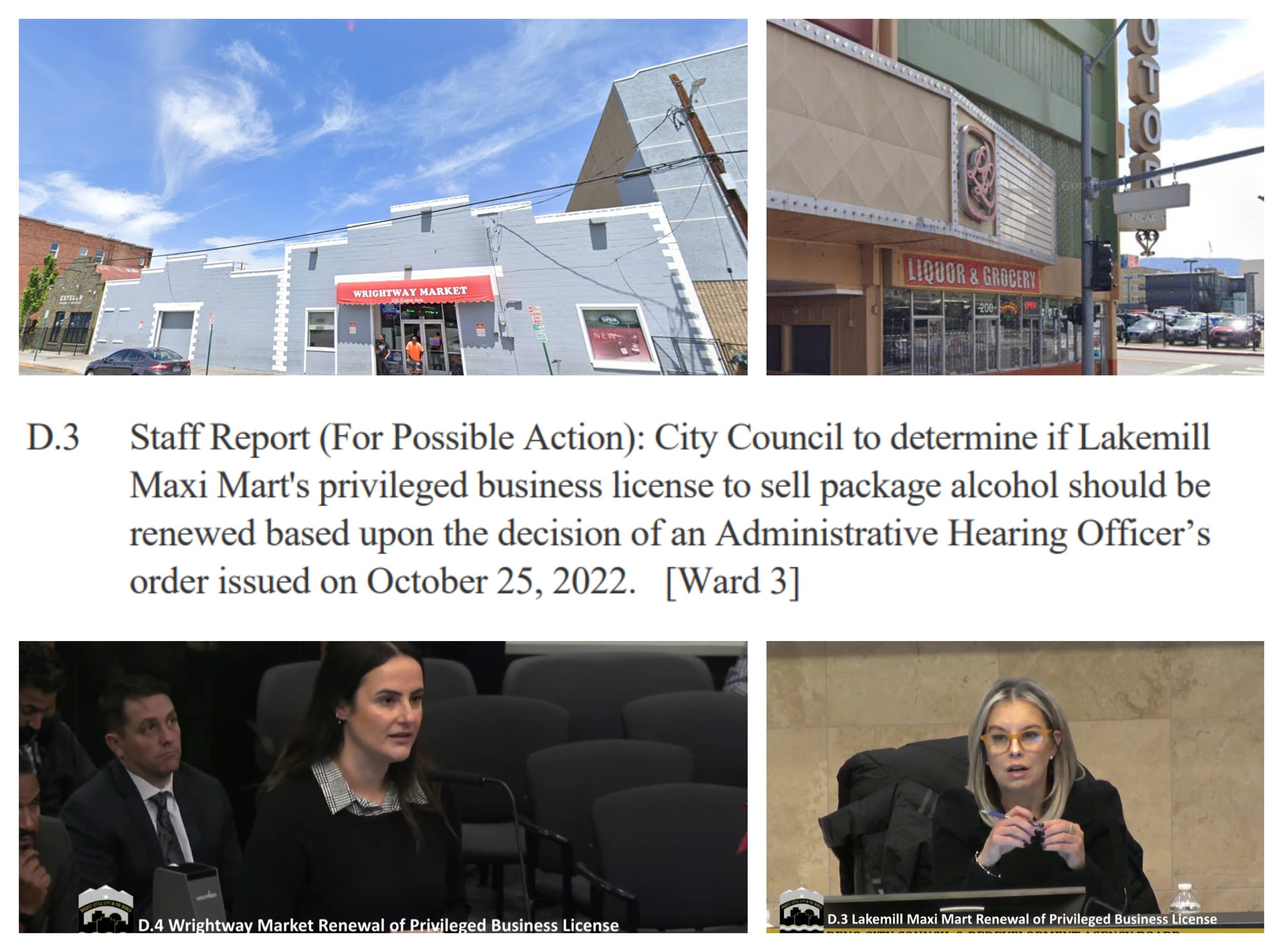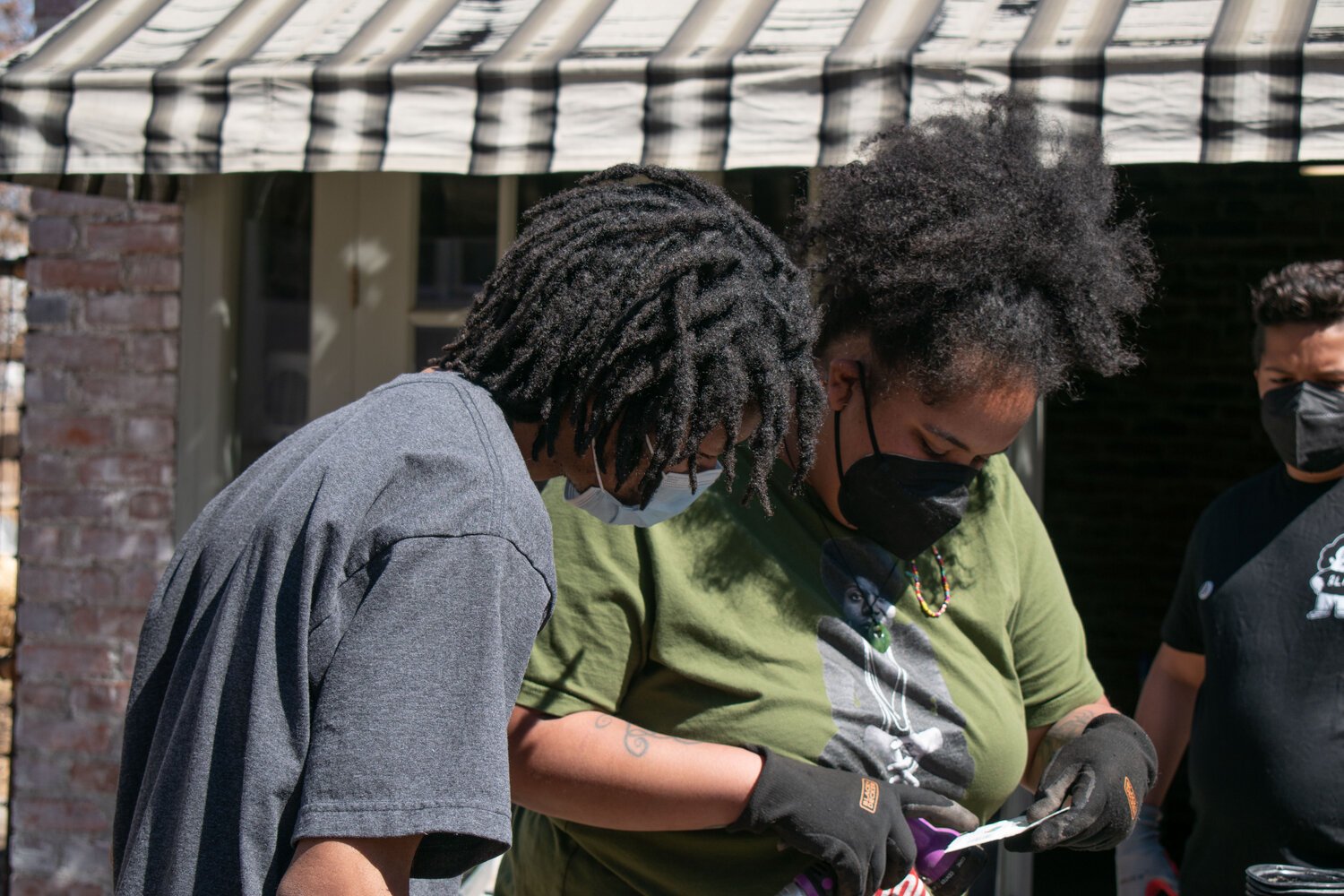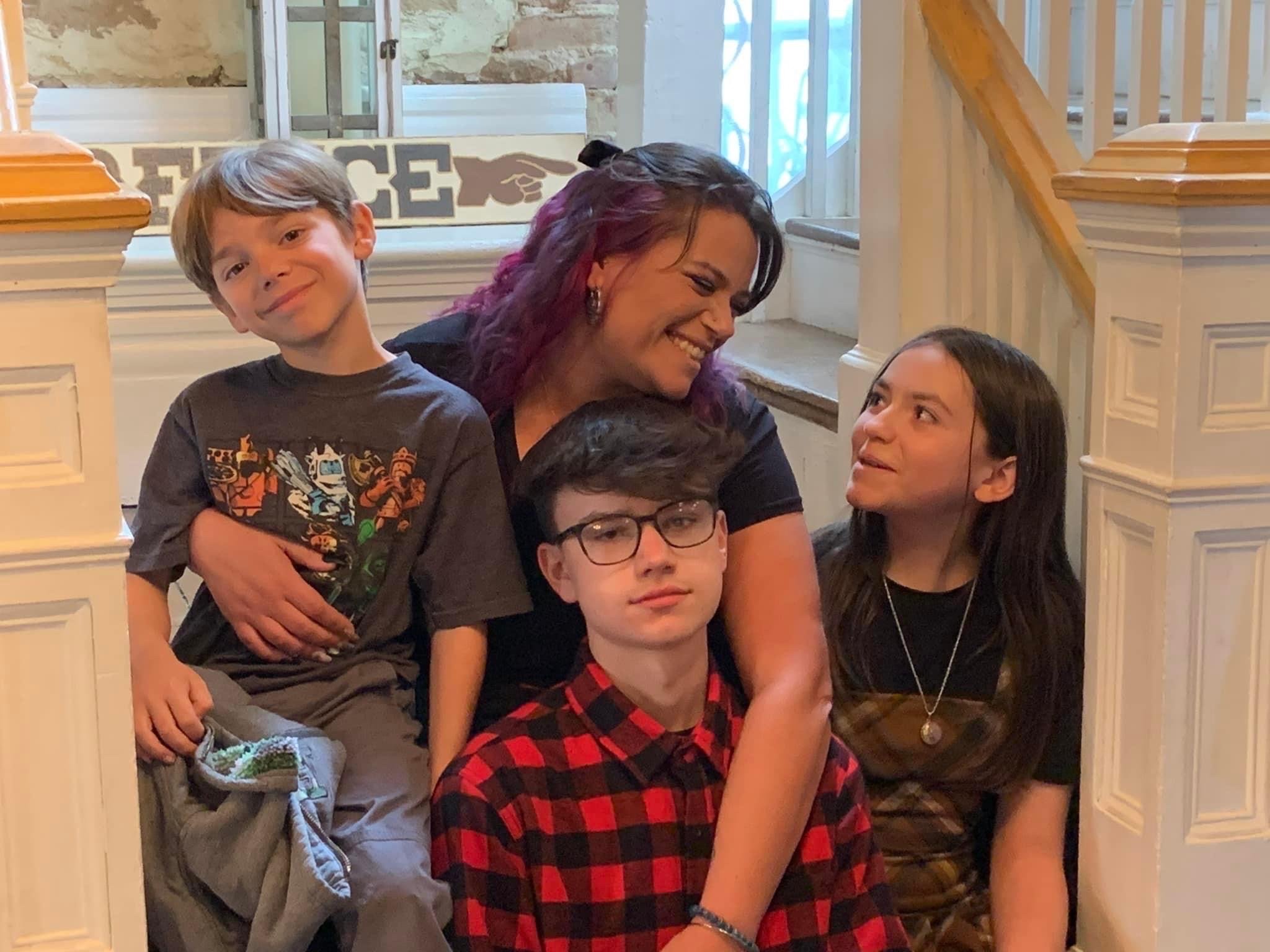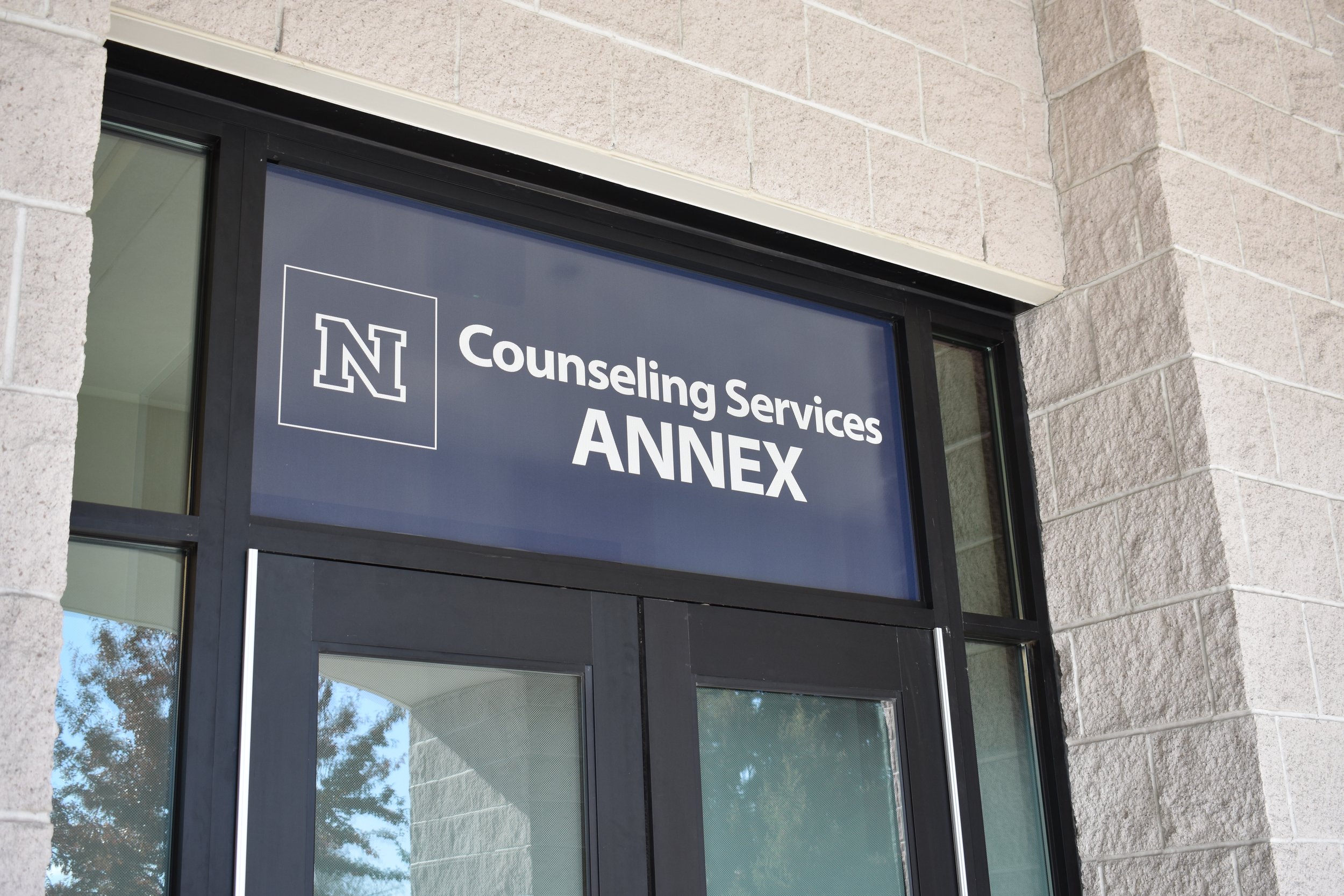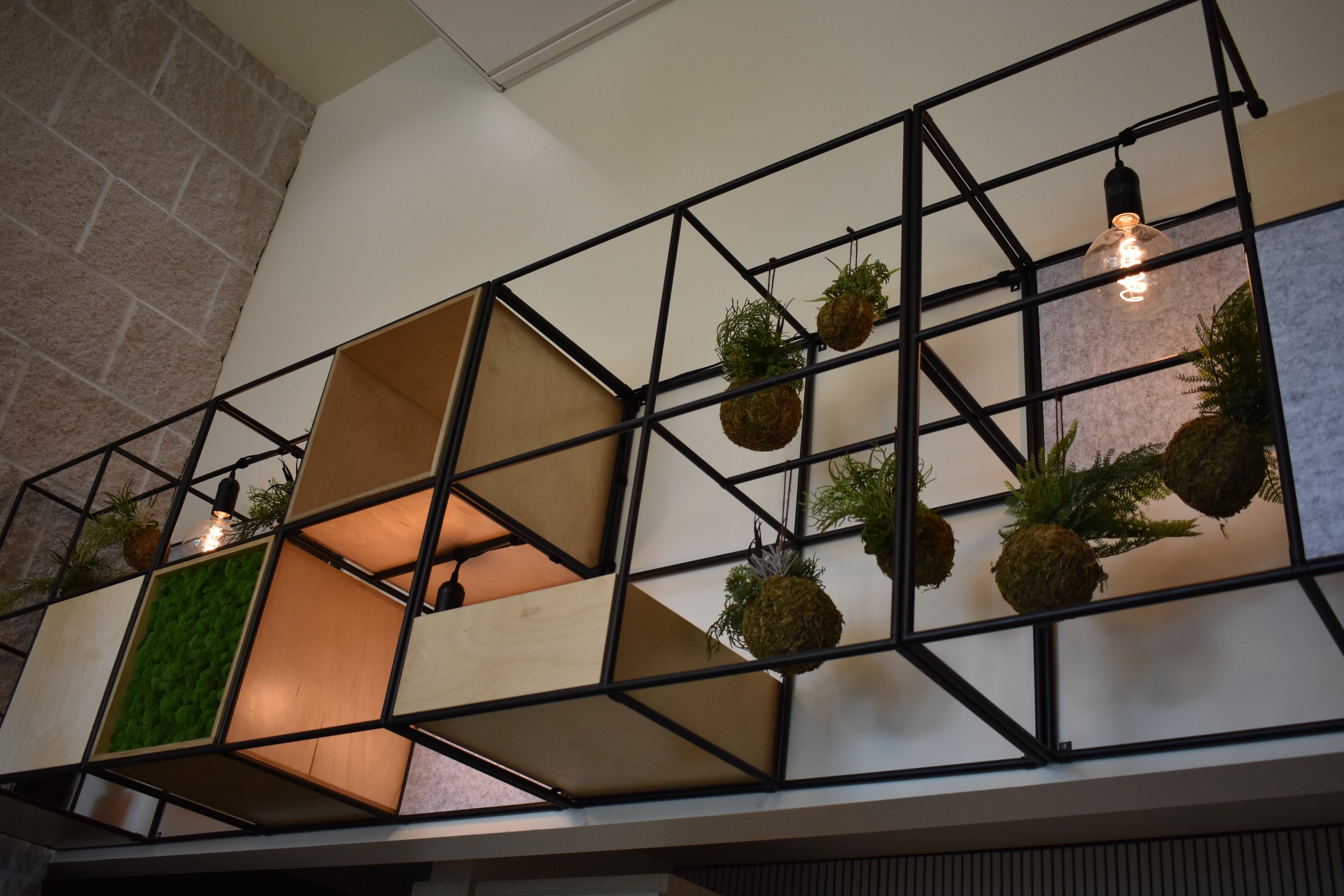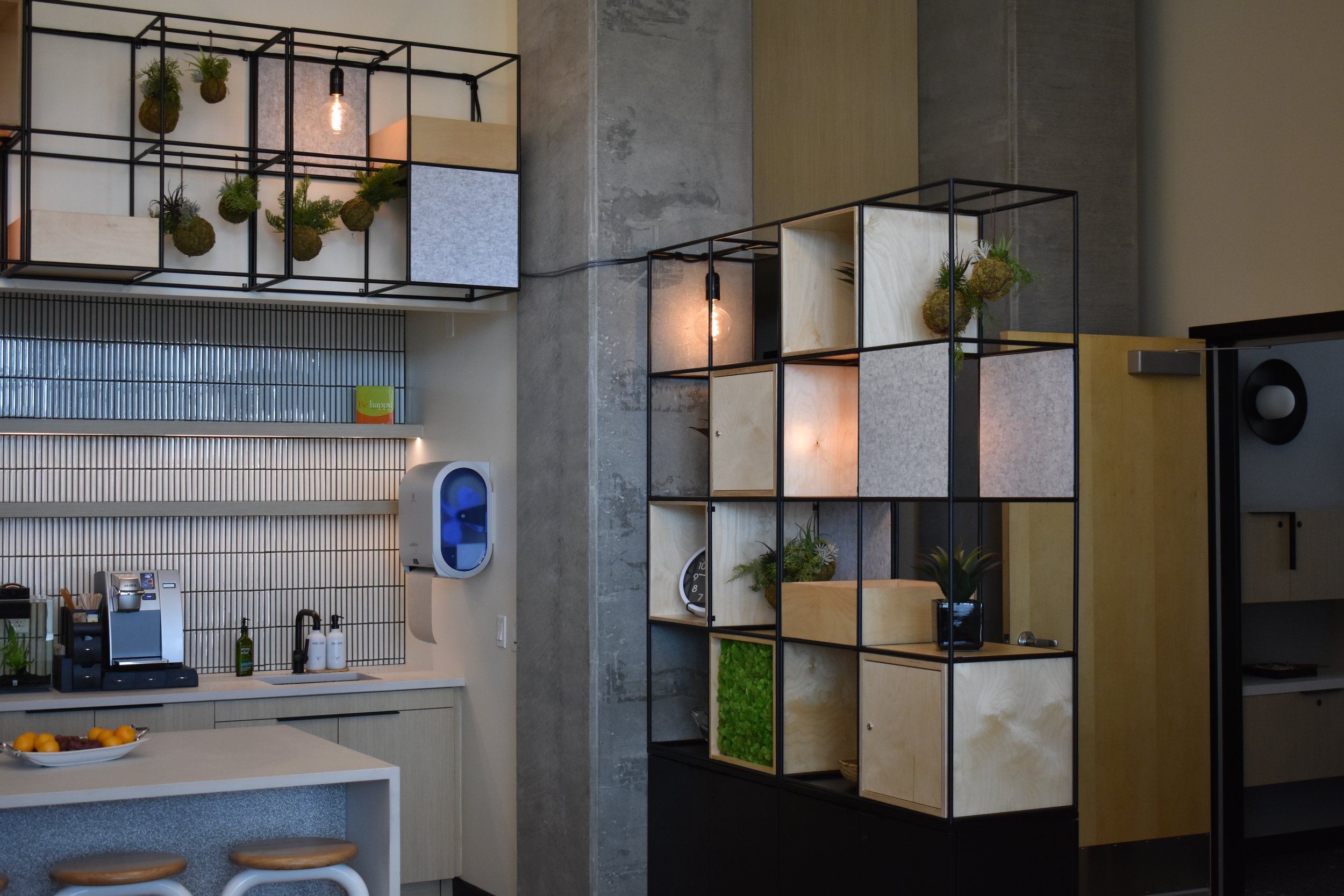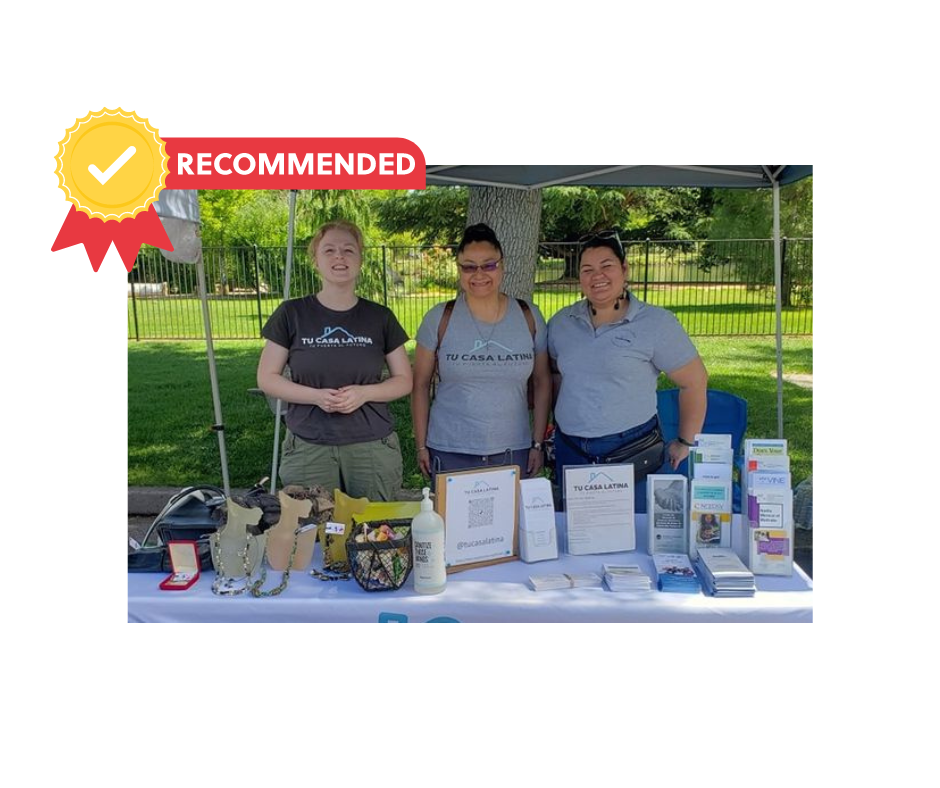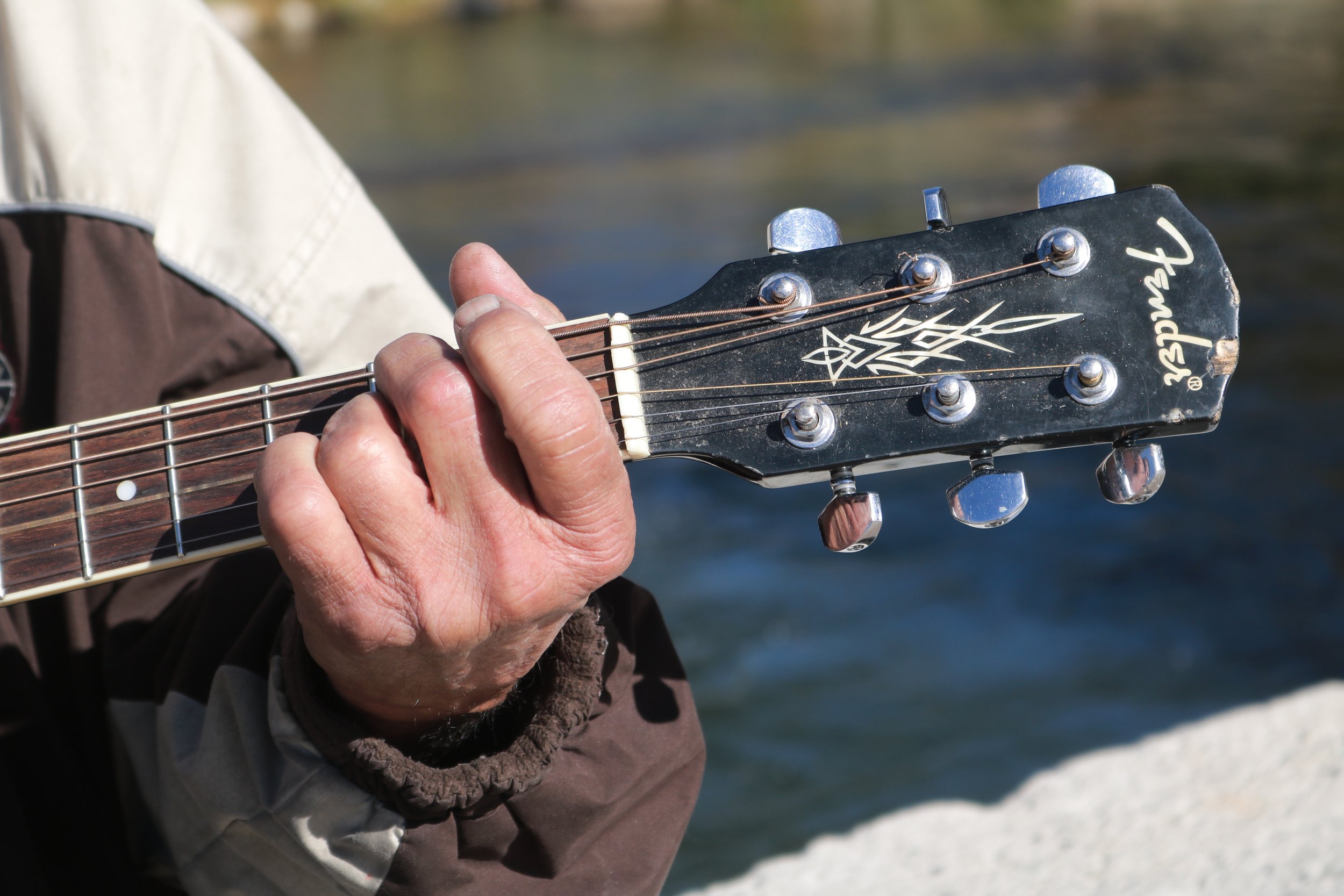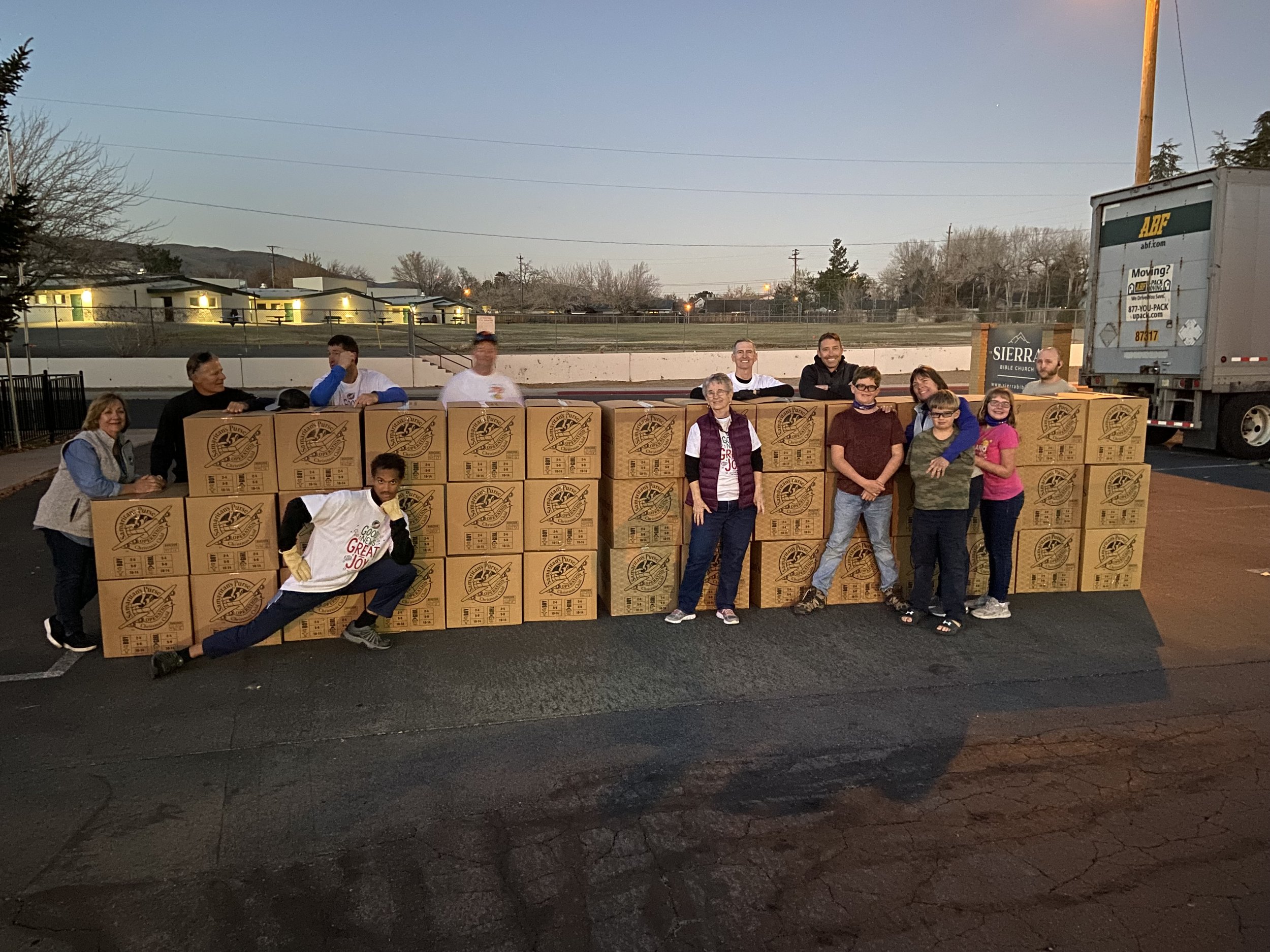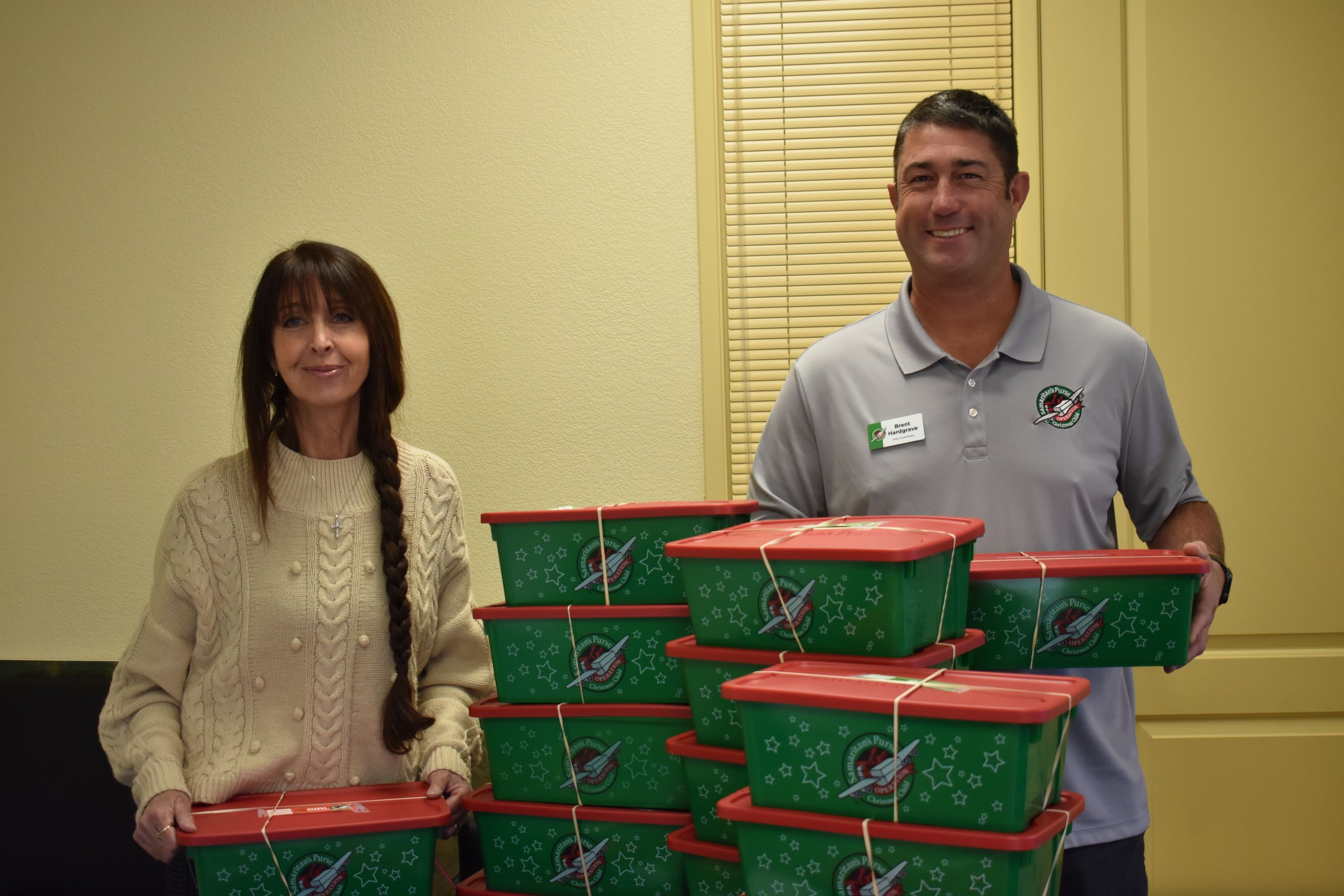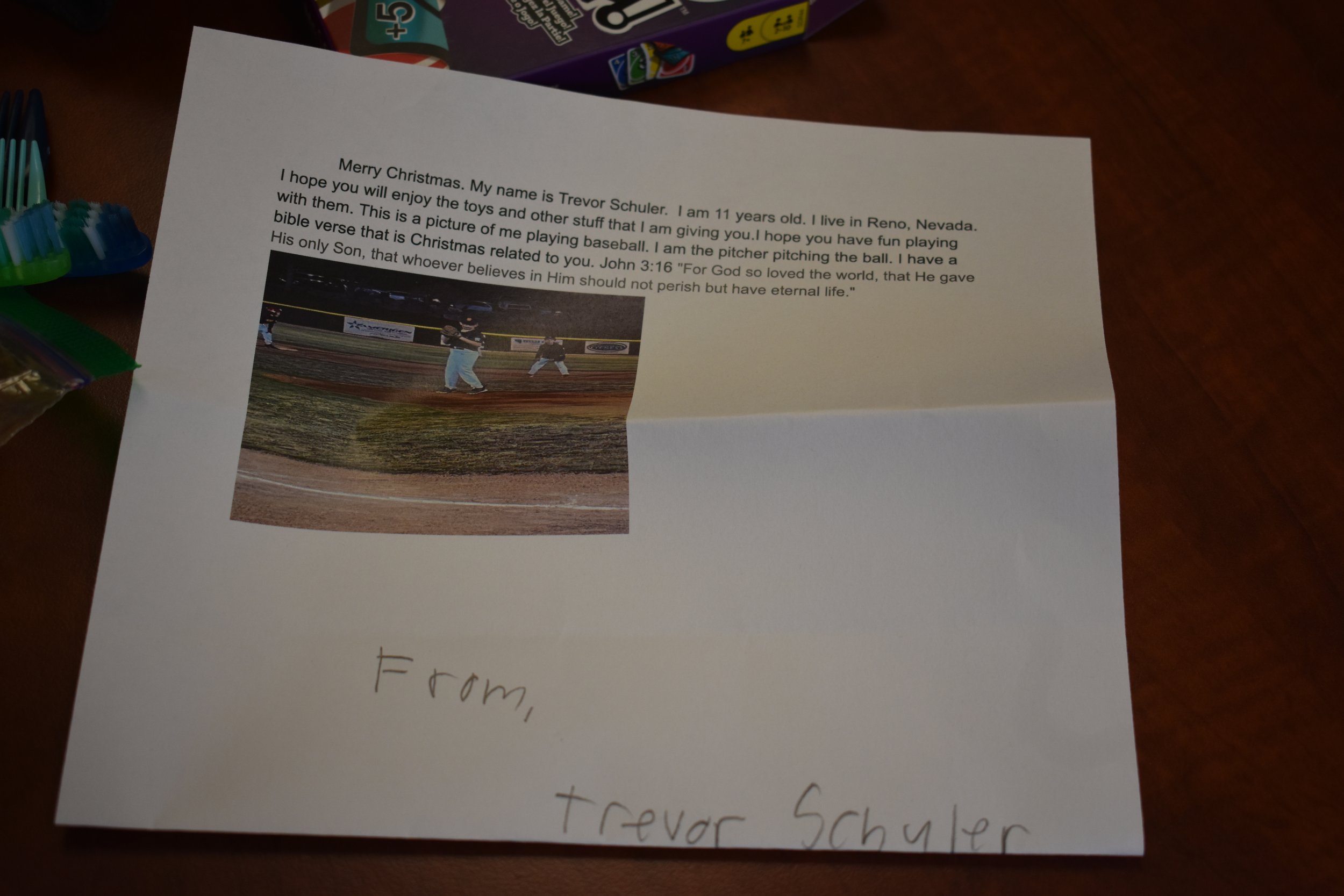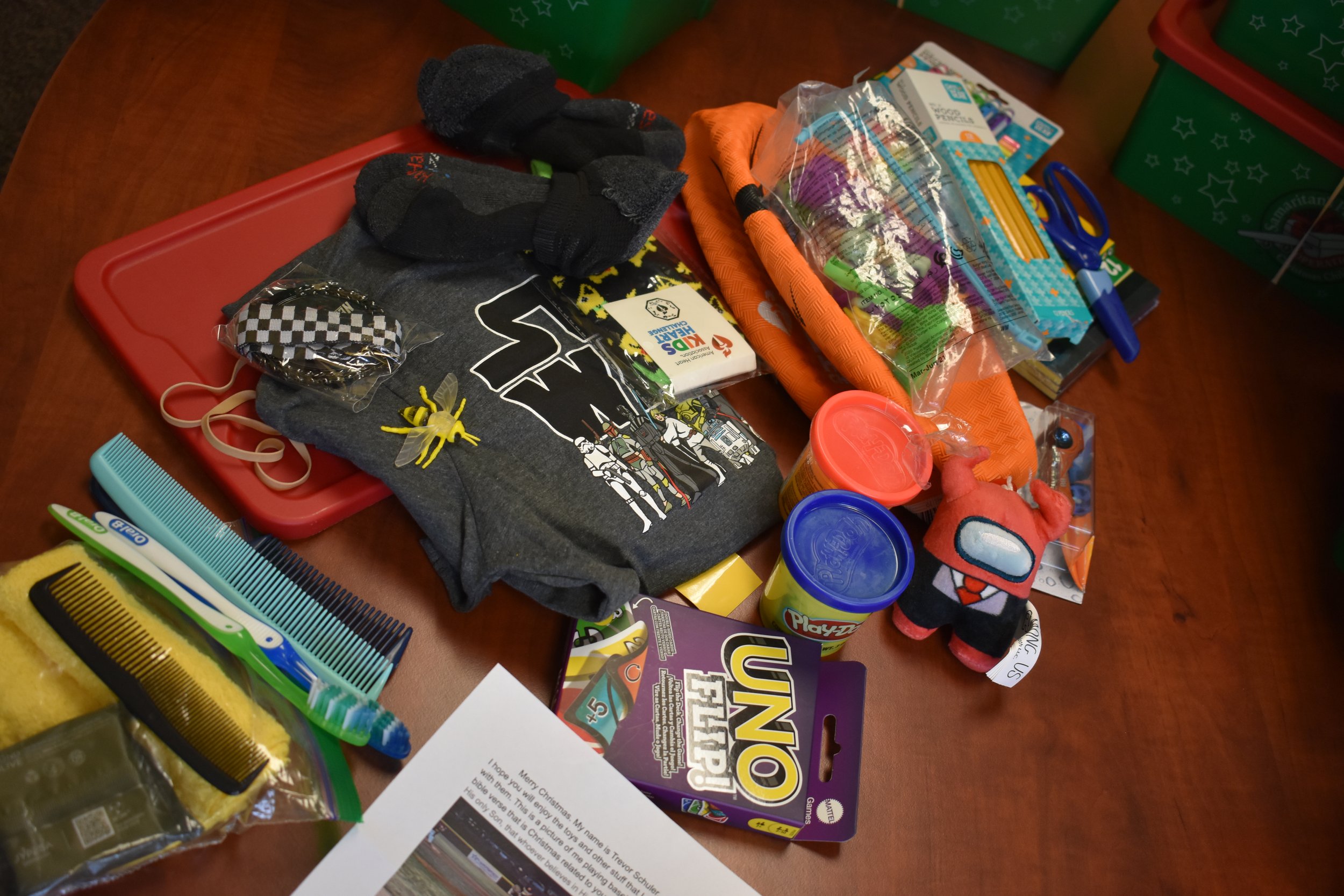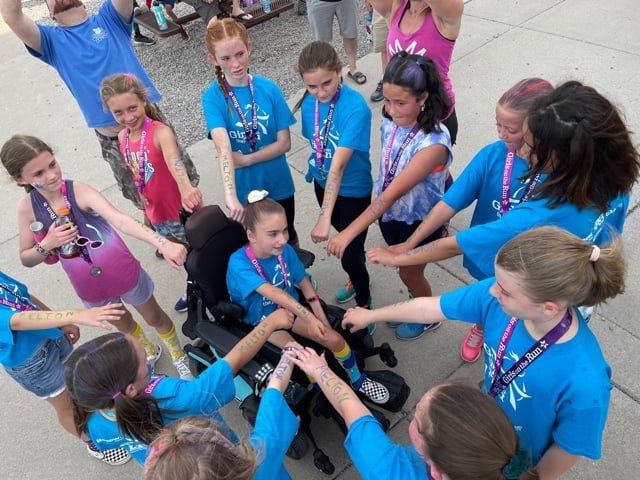Jeff, now unhoused in Reno, after a tumultuous life in Hawaii, Australia and here, riddled recently with marital, financial, gambling and health issues, fondly remembers growing up in a middle class family in a suburb of Toledo, Ohio.
“I had a great life,” he told Our Town Reno on a recent icy cold morning before the recent storms, taking a walk outside the unregistered car he now lives in. “We went camping every year, you know, took vacations and my dad was a chiropractor. He used to take us all around the country [for] seminars and stay in hotels. It was real nice. I had two brothers and two sisters.”
As a young adult he became a chiropractor in Toledo just like his father. “I had a very successful practice there, waiting room was standing room only, and sometimes they'd be waiting outside,” he said.
With his first wife, he took a vacation to Hawaii and then decided to move there in the mid 1990s.
“I started to practice there, build it from ground up. It was in a brand new shopping center there on the coast, Kona. It was very nice. It overlooked the ocean,” he said.
There was a lot of overhead though and new caps on income he could make, he says, and his financial troubles began. Marital problems ensued. He divorced and remarried, before moving to Reno, where his new wife’s parents were living. A daughter was born here in 2003 followed by a son in 2007.
Jeff started practicing here, and “everything was fine for a while,” but then he says he started visiting casinos and got “a bit of a gambling problem. So I started losing money because of that.”
He says he decided to move to Australia, where he had found a job online, but after his family reunited with him there, he says his health declined.
“I started feeling chronically ill,” he said. “I do have a few hereditary issues or something with my blood, with my bone marrow. I have like benign cancer. It causes too many platelets and I'm a high risk for strokes and stuff like that. I ended up having to come back. I was in chronic pain and I ended up getting on disability here because nothing was helping,” he said.
He says he couldn’t feel his fingertips anymore so he had to stop practicing. A second divorce then derailed him further. Jeff started using his newly obtained disability payments to pay child support.
“And I was without a car at the time. We had one car. I just left it with her too. And everything I left with her. I just took a few personal items to a small apartment and tried to make it,” he said.
He started gambling “heavily” he said, and right before the pandemic hit, in December 2019, after being unable to pay his rent at the Truckee River Terrace Apartments on First street, he says he was evicted.
“I was 60 years old and for the first time in my life I was homeless. And I walked over to the park there and slept under the bridge in the middle of winter with barely a blanket. It was pretty miserable. I was wondering what the hell happened to me.”
He says he left his belongings behind and thought he’d have 30 days to get them back, and that the apartment would hold it in storage until then.
“I had a lot of stuff, a lot of nostalgic stuff, lot of nice expensive stuff and didn’t know how to get it back. Mostly what I cared about was nostalgic stuff the kids made and stuff through the years,” he said.
He tells the rest of his story, and his new hopes below completely in his own words:
“I tried contacting the manager there for like a week. Nobody would answer. They'd always answer when I lived there. So she knew it was me calling. She didn't want to communicate. And then, so I went there in person, I said, ‘Where's my stuff? I'm ready to get it. You know, you're supposed to hold it for me so I can come and rent a truck and yeah. Figure it out.’ Well, she said, ‘What's going on? We tossed it,’ no explanation. Just like it was okay.
I walked out of there like a zombie. I had nothing, not even a backpack at the time. And then Covid came right after that. I stayed at the shelter for a couple weeks. Didn't like that. Just bugs all over. You start feeling like one of the inmates.
Anyway, I took a train back to Ohio. I had a friend there that found out what happened to me. And she wanted to get me back on my feet. So I went and lived with her for about three or four months and she helped me heal up some mentally and physically, because I was wearing down physically from staying outside. And then I came back because I couldn't stay away from [my] kids.
But we did a lot of video stuff while I was in Ohio. After I got divorced, my son and I never missed a day of at least texting or talking or saying goodnight, you know, to each other. My daughter, the older one, she was always independent. And so she never really had the need for that as my younger son really.
I ended up getting a car eventually even though it's not registered. It didn't have the title. I'm still trying to get that taken care of. And my driver's license had expired. So I didn't drive for a while. I did a lot of walking. I've been doing a lot of walking.
I want to try to get relicensed again … and getting a place. I'm going to check out some apartments. I’ve got a lot to do. Once I get a place and get settled, I want my son to live with me. My son has been wanting to live with me from the beginning. I never could take him.
Right now, I’m living in that car I bought. It’s not as bad as you would think. Humans are pretty resilient. I adapted after a while. The first couple weeks being homeless, sleeping under the bridge… I was like an empty shell. I cried every night. But you start to strengthen and find out ways to get out of it. You become more of a street person. I know a lot of the street people really, a lot of good people, a lot of very smart people, from fairly decent backgrounds.
For me, it’s been just a lot of things, a lot of bad things happening all at once. Like Big Murphy's Law.”











